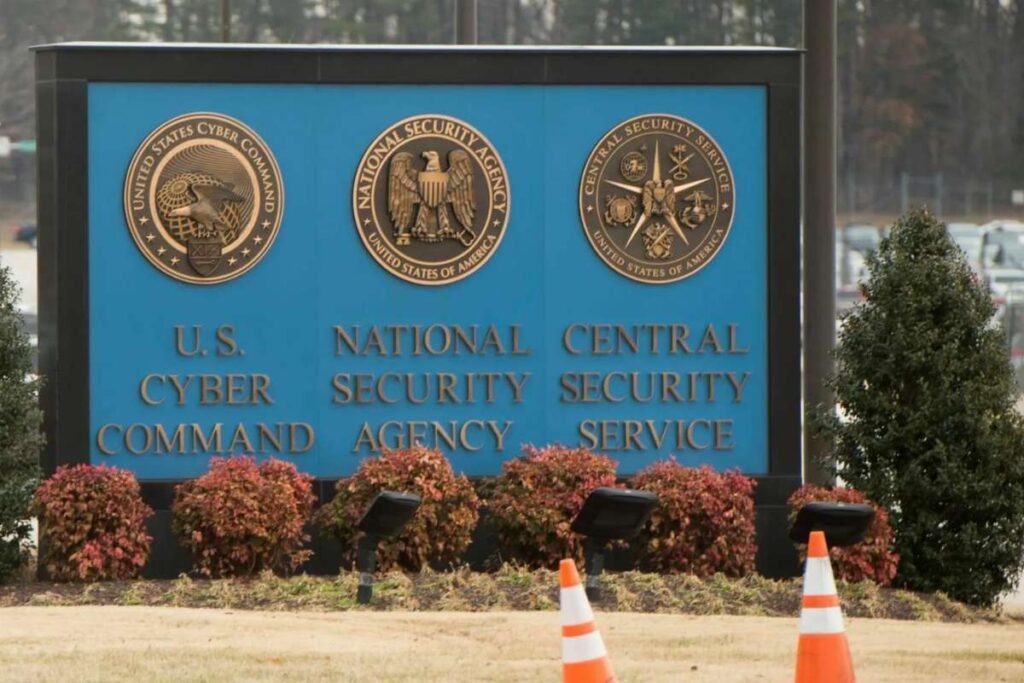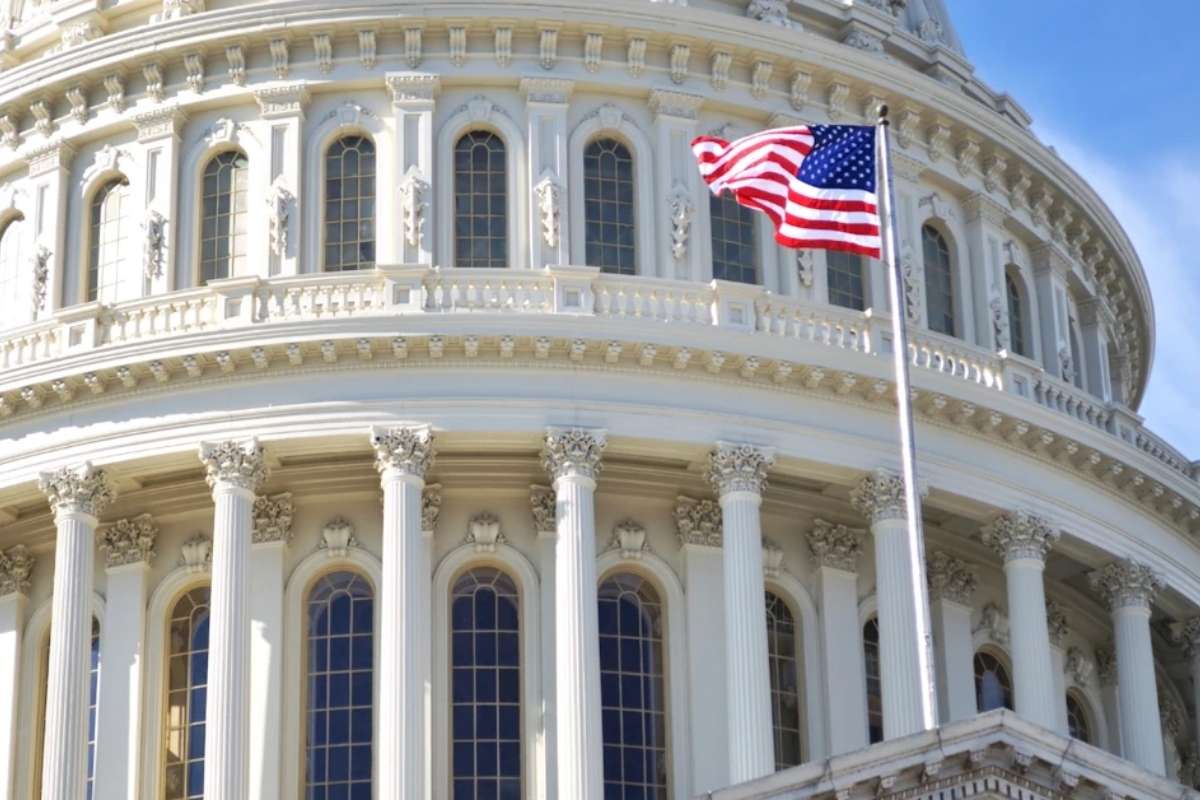Mass Layoffs and Early Retirements Impact National Security
A significant reduction in federal employees is expected to have severe consequences for cybersecurity and national security, according to a former senior U.S. security official.It is also seen as a most recent and important Cybersecurity concerns.Rob Joyce, the former director of cybersecurity at the National Security Agency (NSA), testified before the House Select Committee on the Chinese Communist Party, highlighting the risks posed by mass layoffs.
Joyce warned that eliminating probationary employees would disrupt the pipeline of skilled professionals essential for countering cyber threats, particularly those linked to foreign adversaries. His remarks were made during a hearing focused on the cyber operations of the People’s Republic of China, which target U.S. critical infrastructure and telecommunications sectors is is most important Cybersecurity Concerns .
More than 100,000 federal employees have either opted for early retirement or been laid off as part of an effort to significantly reduce the size and influence of federal agencies. This downsizing initiative, driven by political leadership and influential advisors, has raised concerns about its long-term implications for national security. While the exact number of NSA departures remains undisclosed, the widespread cuts have prompted questions about their potential impact on intelligence-gathering and cybersecurity efforts.
Cybersecurity Concerns Cybersecurity Agency Faces Staff Reductions
The Department of Homeland Security’s Cybersecurity and Infrastructure Security Agency (CISA) has already seen over 130 positions eliminated as of mid-February. A CISA spokesperson confirmed these reductions, stating that the agency, which plays a critical role in protecting federal networks and facilitating public-private information sharing, is undergoing significant workforce changes. Although national security positions were reportedly exempt from broader federal workforce reductions, some of the actual cuts have included cybersecurity-related roles.
CISA is responsible for defending civilian federal networks from cyber threats and coordinating with private industry partners to enhance security measures. The agency’s workforce reductions come at a time when cyber threats from foreign actors, particularly China, are increasing in sophistication and frequency. Lawmakers and security experts have expressed concerns that losing experienced personnel in this field could weaken the nation’s ability to detect and respond to cyberattacks. Despite these concerns, officials within the Department of Homeland Security argue that eliminating certain positions will enhance efficiency by redirecting resources to higher-priority areas.
Government Justifies Cost-Saving Measures
A spokesperson for the Department of Homeland Security stated that the workforce reductions are expected to save the government approximately $50 million. The agency is actively assessing other positions and offices that may be deemed unnecessary for fulfilling its core mission. While cost-cutting measures are a key objective of the initiative, critics argue that the loss of cybersecurity personnel could have unintended consequences, particularly as foreign cyber threats continue to escalate.
The White House has not responded to inquiries regarding the impact of these reductions. Additionally, the NSA has declined to comment on how its operations might be affected by the workforce cuts. As federal agencies continue to streamline their staffing levels, cybersecurity professionals warn that the loss of key personnel could hinder the government’s ability to combat emerging threats in an increasingly digital world.






